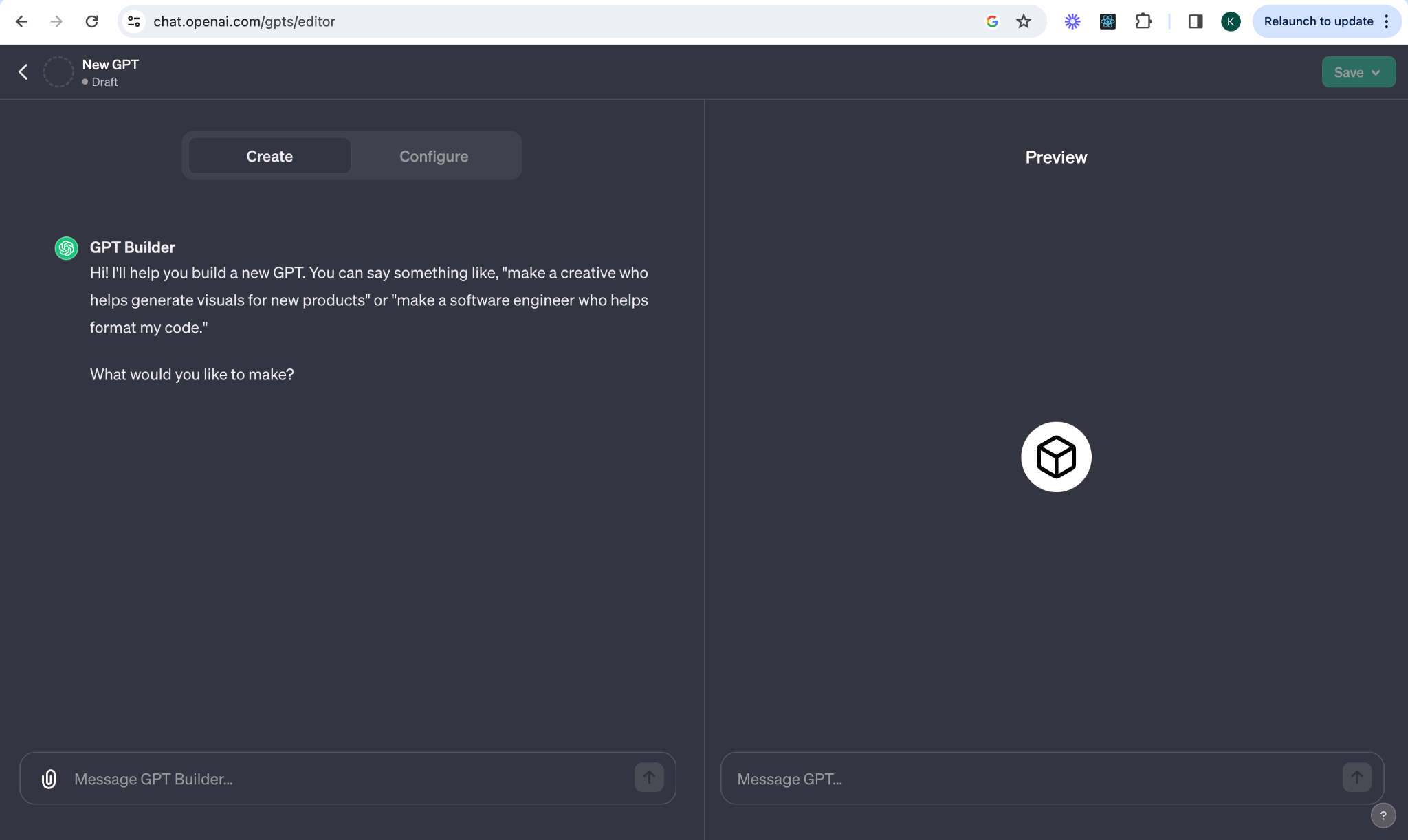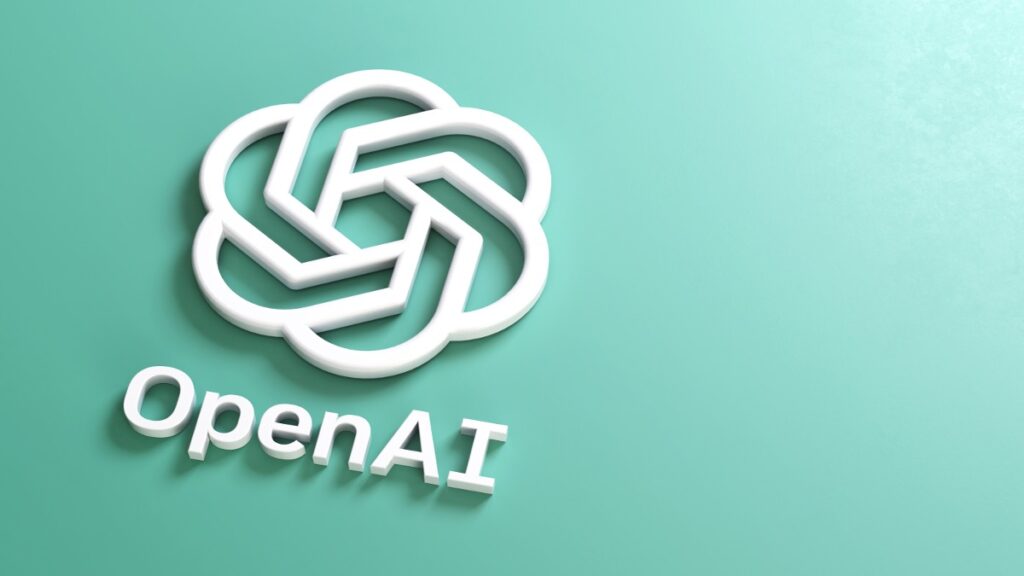OpenAI recently held its DevDay developer conference in San Francisco where the company announced new products and changes. Let’s explore these announcements and their relevance for businesses.
Discover how AI has created a new ecosystem of partnerships with a fresh spirit of customer-centric cocreation and a renewed focus on reimagining what is possible. The Acceleration Economy AI Ecosystem Course is available on demand.
OpenAI’s Limitations for Enterprise Users
Firstly, CEO Sam Altman acknowledged that OpenAI is particularly weak in allowing customers to build custom models on OpenAI infrastructure. ChatGPT’s ease-of-use came with a lack in security, privacy, and customization that business customers look for.
Custom models enable higher success rates and hyper-relevant responses within certain use cases. Simultaneously, custom models can reduce so-called hallucinations, reducing the risk of using proprietary training data, and minimizing the cost risk. While many other startups and companies have stepped up to meet this need, Altman pointed out that OpenAI is making steps in that direction as well. We’ll see how that unfolds.
GPT-4 Turbo
Altman also announced GPT-4 Turbo, which is GPT-4 but even more powerful, upgrading from a context (or input) window of 8,000 tokens to 128,000 tokens. GPT-4 Turbo will also be significantly cheaper than GPT-4 at a rate of one cent per 1,000 input tokens and three cents for 1,000 output tokens, rates which are about three times less than GPT-4. This cost reduction lowers the barriers to entry for business customers looking to use top-of-the-line models like GPT-4. It will inevitably bring more product innovation and developers to the ecosystem.
The GPT Builder and GPT Store
Undoubtedly the most important announcement of the conference was OpenAI’s release of the GPT Builder and the GPT marketplace, called the Store.
To set the scene here, in the past year since ChatGPT came out, there has been a deluge of startups and teams that have built simple apps and products on top of ChatGPT, known as “wrappers” in the developer world. In many cases these are just custom user interfaces that query OpenAI’s APIs. They take a little bit of development work to deploy and do everything from creating custom cocktail recipes to giving you detailed travel plans.
OpenAI released a tool to build these wrappers much more easily, without the need for coding. Their so-called GPTs are, in some ways, the next iteration of plugins which we saw released in March 2023. They also released a marketplace that showcases these GPTs so people can easily find useful tools and developers can earn money by selling their GPTs on the marketplace. In that sense, the GPT Store is similar to Apple’s App Store but for custom generative AI tools.

Source: https://chat.openai.com/gpts/editor
As mentioned, OpenAI lets you create these GPTs using natural language. This empowers non-technical people within your organization to build tools for themselves if desired. The builder will suggest a name for your GPT and ask you questions about how you want your GPT to behave. In other words, it helps with prompt engineering. In the end, you effectively create a pre-packaged prompt that makes it easy for users to get a certain output in a certain format without the difficulty of tinkering with prompts and code.
AI startup founder and developer Kartik Deshpande, who has been exploring GPTs in-depth since their release, pointed out, “One of the more interesting things you can do with a custom GPT is upload a knowledge base (documents) that it has access to and can use when answering questions for users.” As an example, if you were doing research on climate change, you could give a custom GPT your first-party climate data that you collected and then ask questions about that data, create essays based on it, or reformulate that data any way you like.
However, there are serious security issues here. “It’s pretty trivial for a user to prompt a GPT in a way that causes it to reveal its knowledge base,” Deshpande said. “Many people have been able to get it to reveal the documents themselves in a downloadable format.”
This means business users who input proprietary documents risk leaking those documents to the users of their GPTs. There is also a checkbox within the builder that – if left checked, as it is by default – will grant OpenAI permission to use your conversational data from your GPT to train their future models. Ultimately, Deshpande believes serious GenAI users will prefer prompting the “old-fashioned way” using code. Like plugins, the GPTs may become more of a marketing play for OpenAI. You can find more of Deshpande’s thoughts on the subject here.
With that said, there are some cool GPTs out there. The GPT Immigration Assistant guides you through the US immigration and citizenship process. This GPT Engineer codes full websites and then lets you download the code base. This one lets you upload files and convert them to other formats.
Enterprise GPTs
Altman recognized the need for security and privacy for enterprise use cases. He promised that the company is rolling out enterprise-friendly GPTs which do not use conversations to train models. He did not elaborate greatly on how these differ from regular GPTs.
Several companies including Amgen, Bain, and Square are already using these for marketing, customer support, and onboarding engineers. During DevDay they also demonstrated GPTs built by Code.org, TripAdvisor, and Canva.
Deshpande raised that GPTs can be used for marketing your business. SaaS providers could leverage GPTs as top-of-funnel capture methods, Deshpande said, allowing potential users or customers to explore your platform or service’s benefits before being redirected to your site. If your GPT is clever and useful, it will rank higher on the marketplace and will drive traffic to your business.
Another dynamic we must see play out is how these GPTs compete with Microsoft’s own Copilots. In a sense, both are easy to deploy GenAI-based agents with both individual and business applications. While OpenAI is trying to come into its own, I see the possibility of Microsoft merging GPTs into their suite at some point.
Final Thoughts
Are GPTs making the world a better place? Marketing play or not, OpenAI’s GPT Builder and Store help more people enter the world of AI. These speed up the product innovations taking place and let more people have a say in the future of AI as a whole. OpenAI’s mission of building a safe AGI that benefits everyone is only possible if the community is involved. Without a doubt, they are taking steps towards that vision.










